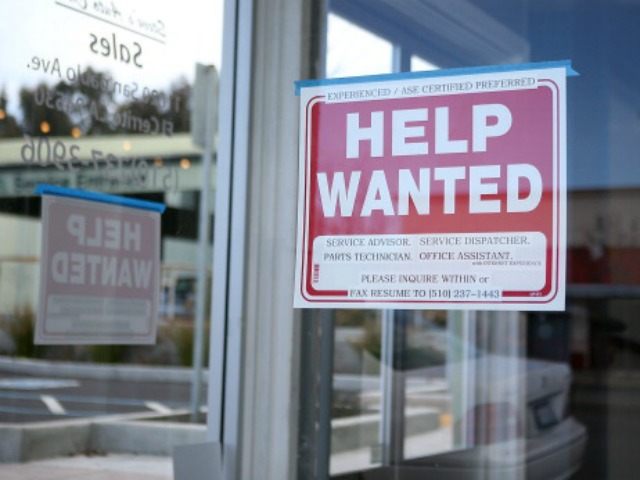The first job is a vital step on the career ladder. Just ask President Obama.
The former Baskin-Robbins ice cream scooper recently wrote, “My first summer job wasn’t exactly glamorous, but it taught me some valuable lessons. Responsibility. Hard work. Balancing a job with friends, family, and school.”
President Obama is not alone: Many successful Americans from Yahoo CEO Marissa Mayer to Washington Redskins quarterback Kirk Cousins have spoken glowingly about their earliest experiences in the workforce. Mayer was a cashier at a grocery story in her home state of Wisconsin, where bagging groceries instilled a “great work ethic” and taught her the art of efficiency. Cousins picked up golf balls at a Michigan driving range, which showed him how to live on a budget and save for the future.
These first jobs provide entry-level employees with the valuable skills they can use throughout their careers. And their importance is very tangible: Economists at the University of Bristol found that those who are jobless in their youth earn 21 percent less at age 42 than their employed counterparts.
Yet some politicians have fought to raise the entry-level wage, which would increase labor costs and force job creators to scale back. Some cities have even pushed the wage to $15 an hour, more than double the federal minimum wage.
The numbers are not in their favor. A study from the National Bureau of Economic Research revealed that federal entry-level wage increases had a negative impact on employment and income growth in the late 2000s. It concluded that mandated entry-level wage hikes were responsible for a 0.7 percentage drop in the country’s employment-to-population ratio—the percentage of Americans actively employed—between 2006 and 2012. This translates to hundreds of thousands of unemployed Americans.
Another study from Texas A&M University found that a 10 percent increase in a region’s minimum wage translates into a roughly 0.5 percent decrease in employment growth. This echoes a 2013 report from the nonpartisan Congressional Budget Office, which estimated that a $10.10 minimum wage would reduce total employment by roughly 500,000 jobs—without even considering an even higher mandate of $15 an hour.
Job creators facing higher labor costs are forced to make up for lower profit margins and lost earnings in several ways. One is by scaling back on jobs—which the data bears out.
Another is by raising prices. A recent report by researchers at Purdue University concluded that imposing a $15 minimum wage on the restaurant industry—which generally operates on very low margins—would raise menu prices by almost 4.5 percent. This transfers the cost of the increase onto the consumer, who sees a heftier receipt at the register.
(Another increasingly popular alternative for restaurants is to switch from cashiers to automated ordering kiosks, whereby business owners save money on staff by using machines.)
In the end, job-seekers are hurt most by mandated wage hikes, especially young Americans most reliant on entry-level wages and opportunities. According to the most recent data, just 1.2 million people, or fewer than two percent of America’s 77.2 million hourly workers, earn the entry-level wage. And most of them—around 60 percent—are between the ages of 16 and 24.
Raising the wage would hurt them the most. Summer employment among teenagers and young adults is already barely 34 percent, a 20 percent declinefrom 20 years ago.
The outlook for America’s youngest job-seekers is a lot worse now than in President Obama’s formative years. Those fighting for $15 an hour should keep that in mind.
Alfredo Ortiz is the President and CEO of the Job Creators Network.

COMMENTS
Please let us know if you're having issues with commenting.